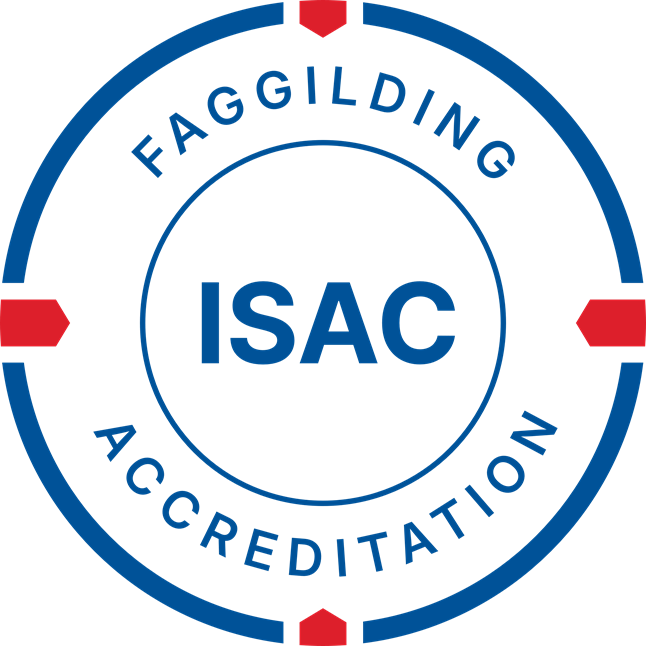This news article is more than a year old
International Accreditation Day
7th June 2024
International Accreditation Day is on the 9th of June.

Authorities within the European Economic Area have in recent decades worked to harmonise product safety requirements in order to ensure health and safety, consumer protection and environmental protection. The requirements are set out in directives and regulations, often supported by more detailed requirements in European standards. An important part of the regulation is the provisions on how to implement the requirements.
This system focuses on the responsibility of manufacturers of products, who usually have to use conformity assessment methods (such as inspections, tests, certification, and verification) to demonstrate the conformity of products with laws, regulations and standards. All conformity assessments must be carried out in a suitably transparent and neutral manner, which ensures both the interests of consumers and the free movement of goods and services. Goods and services that meet the requirements of the government in one country should also be granted free access to markets in other EEA countries.
European regulations and directives on product safety use a harmonised methodology that manufacturers, distributors and traders should follow when declaring compliance. One of the pillars of this methodology is the use of accreditation to ensure that conformity assessment is carried out in a robust, transparent and impartial manner.
What is accreditation?
Accreditation is an assessment by an independent professional (accreditation body) of the activities of conformity assessment bodies to ensure that the conformity assessment is carried out neutrally, with the correct knowledge and competence and follows appropriate evidence-based processes and methods set out in standards and other requirements documents. The activities of accreditation bodies follow international standards that define their working methods, as well as those of conformity assessment bodies, and are coordinated internationally within European and international organizations. The official accreditation body in Iceland is ISAC, the Icelandic Service for Accreditation, which is an independent division of the Intellectual Property Office.
The competence and capability of European national accreditation bodies is regularly evaluated through peer evaluations by the European co-operation for Accreditation, EA. A peer evaluation of ISAC’s activities took place in 2022 which resulted in ISAC's recognition in the field of accreditation of inspection bodies.
A positive outcome of peer evaluation is in many cases a prerequisite for Icelandic products to gain free access to markets outside Iceland without needing to undergo additional testing or inspection. It is however also in the interest of the legislators and the public that, using accreditation, it is ensured that all conformity assessments are trustworthy, transparent and are carried out most efficiently.
The situation in Iceland
Accreditation can be applied in a wide range of fields, but its nature requires that laws, regulations and other criteria are clear and based on a consistent interpretation and defined methods and processes for the implementation of conformity assessment. ISAC has the role of ensuring, through accreditation, that conformity assessment in Iceland is trustworthy and carried out in compliance with laws, regulations and other requirements.
Accreditation has been less used in Iceland than in other EEA countries. In light of recent discussions about the status of official control in Iceland within various policy areas, it is appropriate to encourage the use of accreditation in many other areas than is the current case. The introduction of systems where accreditation ensures a sound, transparent and impartial conformity assessment can reduce the scope and cost of official control. There is good experience of using accreditation in areas where it has been used for a long time, such as regarding vehicle inspections and electrical safety.
Accreditation – benefits for all
For regulatory authorities – to confirm technical competence and impartiality in conformity assessment, when required by law and regulations.
For manufacturers – to demonstrate compliance with the requirements of laws, regulations and standards, and to gain unhindered access to foreign markets.
For conformity assessment bodies – to ensure that their activities are based on evidence-based methods and processes applied with competence and impartiality.
For consumers – to strengthen confidence in the quality and safety of products and prevent repeated testing/certification that would lead to higher product prices.
Author: Guðrún Rögnvaldardóttir – Senior Officer at ISAC, the Icelandic Service for Accreditation
